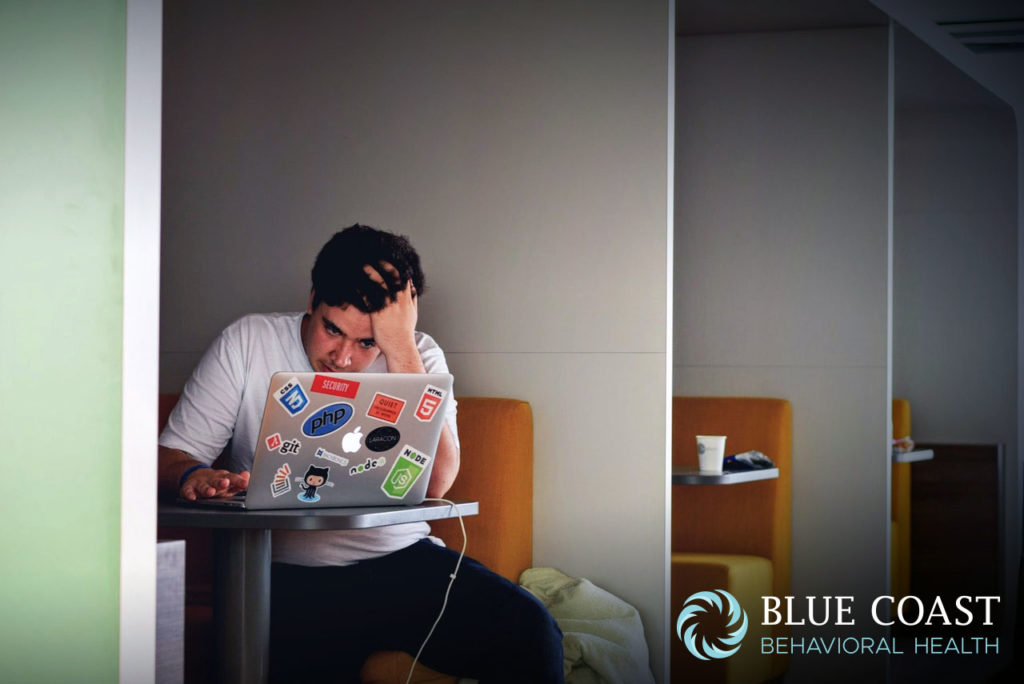Occasional anxiety is an expected part of life. But we are living in unexpected times, with an uncharted way forward as vaccines continue to roll out in the US. Managing that aspect of uncertainty by itself is scary, but for those with anxiety disorders (whether diagnosed or not), it can feel infinitely worse to try and manage anxiety. Even debilitating. Anxiety disorders involve more than temporary worry or fear. For a person with an anxiety disorder, the anxiety does not go away and can get worse over time. So as we look at re-opening the economy after COVID’s extended lockdown, managing anxiety will be at the top of a lot of people’s lists for integrating back into a sense of normalcy.
1. Practice self care
Maintaining one’s own health and wellbeing goes a long way in recovery. Often, the road to relapse or a panic attack starts when the body is not being taken care of. To do this, one must pay close attention to their body’s signals. One easy way to do this is a HALT check:
- Am I Hungry?
- Am I Angry?
- Am I Lonely?
- Am I Tired?
If the answer to any of those questions is “yes,” it’s time to practice a little self care. Maybe cook yourself a healthy meal, talk to someone about why you’re angry/frustrated, or take a nap. Addressing the physical or emotional symptom that’s driving anxiety looks different for everyone. Whatever the real solution to feeling better is, structuring your life around self care is a crucial part of managing anxiety.
2. Remember the anxiety paradox
People who suffer from an anxiety disorder know this all to well: the more you focus on your anxiety, the more anxious you become. It’s a nasty self-perpetuating cycle that can only be addressed with tools that walk anxiety back rather than forward. While it’s important to be self-aware of anxiety to treat it, stressing out about its existence and how that complicates your life just makes it worse. Instead, focus on the power you have to manage it.
3. Learn to tolerate & accept uncertainty
The desire for control can make us lose sight of the bigger picture. Some things are simply outside of the scope of our influence, and to try and behave otherwise is an exercise in futility.
COVID and the re-opening phase of the economy is firmly one of those areas that we have little to no influence. Of course, we are all pieces of the greater puzzle, but for the most part we are at the mercy of something greater that we aren’t in control of. To face that, it is important to both tolerate and accept uncertainty. Re-opening is not the only aspect of life that involves uncertainty–the inherent risk of driving in cars (accidents can happen to anyone at any time) presents uncertainty, for example, yet we commute daily without much of a thought as it’s an uncertainty we’ve learned to tolerate and accept.
4. Don’t underestimate your strength
The years of 2020 and 2021 have mostly been experiences in disappointment, fear, and a creeping sense of hopelessness. But despite the bad hand we were all dealt, those looking at the re-opening of the economy have all made it through despite the trials we’ve encountered.
Anxiety is based in fear, which can often overlook your own resilience. But though it may not feel like so, it took a lot of inner strength to persevere through over a year of isolation and loneliness. That same strength will carry us all back into the re-opened world, despite the fears that may try to tell us otherwise.
6. Get professional help to manage anxiety
Self care and leaning into a better perspective can only go so far sometimes. There comes a point for some where a bigger step is required to manage anxiety effectively. Therapy and medication can sometimes be the saving grace for managing anxiety. Each person’s physiology is different, so what works for others may not work for you. Treatment for anxiety has proven results that are supported by professional mental health organizations such as the APA (American Psychological Association).
If you or a loved one is seeking help for anxiety, our behavioral health counselors are available by phone 24/7: 855-997-4702




